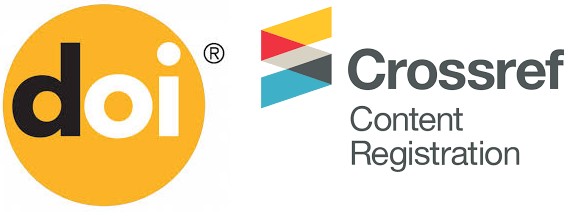While many countries were confronting immense financial crises, Lebanon was one of the few countries that were able to withstand the dramatic consequences of the crises despite suffering from decades of geopolitical and financial instability. However, the burdened capital structure of Lebanon was overstrained by the incrementing cost of borrowing. The actual beneficiary from the latter financial model was the domestic banking sector. This sponsored the process of attracting customer deposits to be reinvested in the government debt issued by different Lebanese governments for securing the funds needed in financing the process of the development and reconstruction following decades of continuous war and destruction.
The Lebanese financial system was abridged by redirecting the investors in the financial sector towards placing their capitals in customer deposit schemes with the domestic banks rather than channeling the capitals towards other economic sectors. In fact, the incentive for the investors was designated in the high yields secured by the reinvestment opportunity in the government debt that has been rising every day to reach historic records while the incentive for the domestic banks remained the conventional scheme of premiums charged for intermediation between the lender and the borrower. The latter process led to increase the concentration risk of customer deposits as liabilities on the balance sheets of the local banks.
This research study aims at demonstrating the feasibility of the implementation of a scientific reform by interpreting the recognition of modern investment alternatives for the investors in the Lebanese financial sector while securing the same funding level for the Lebanese government and governing the roles of the sponsoring banks. The study will adopt referenced fundamental and technical interpretation and arguments to emphasize the necessity of launching a new era of investment derived from stimulating the domestic financial market by activating and incentivizing the role of country’s stock exchange.
F36, B26, P34














